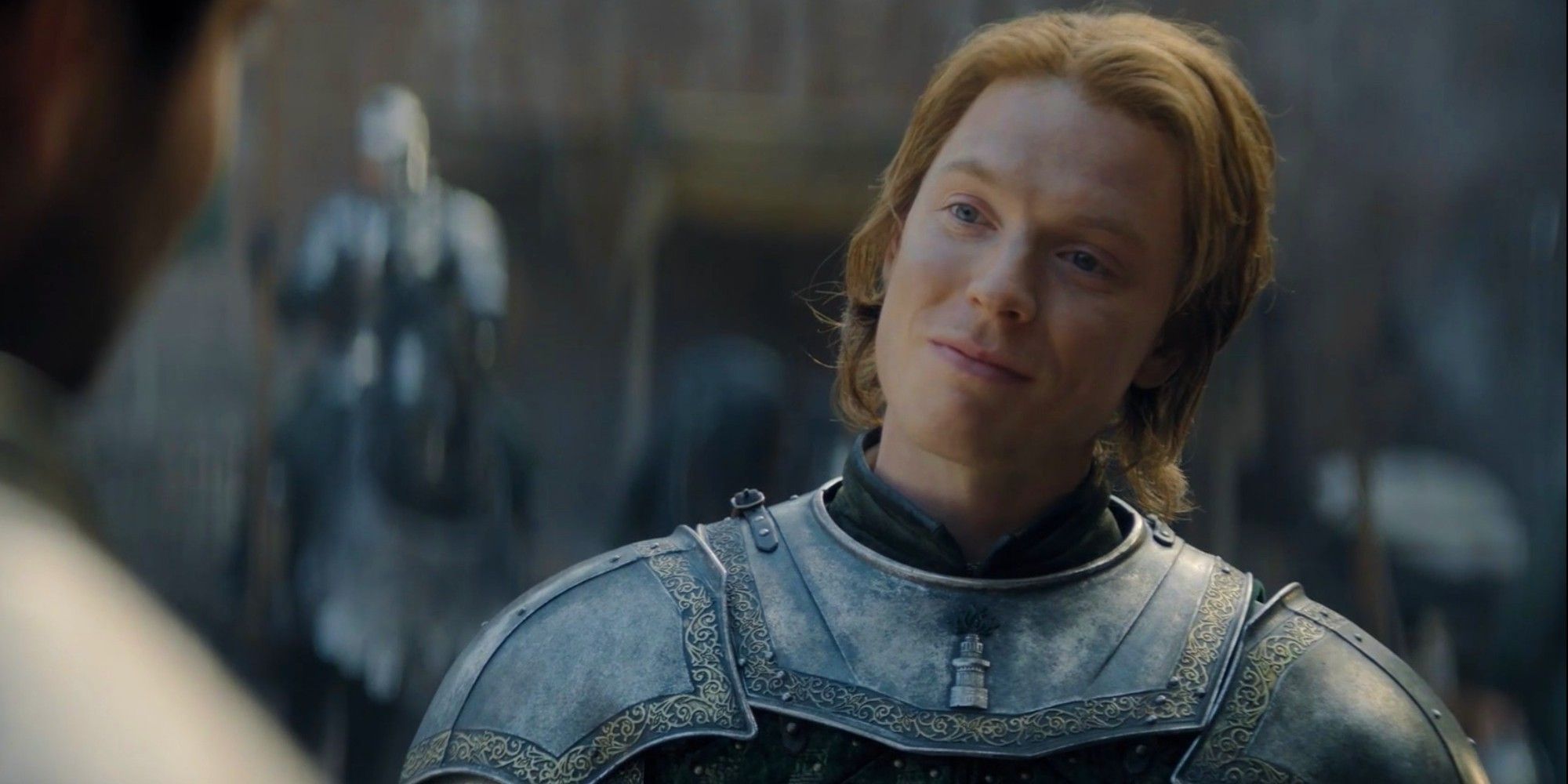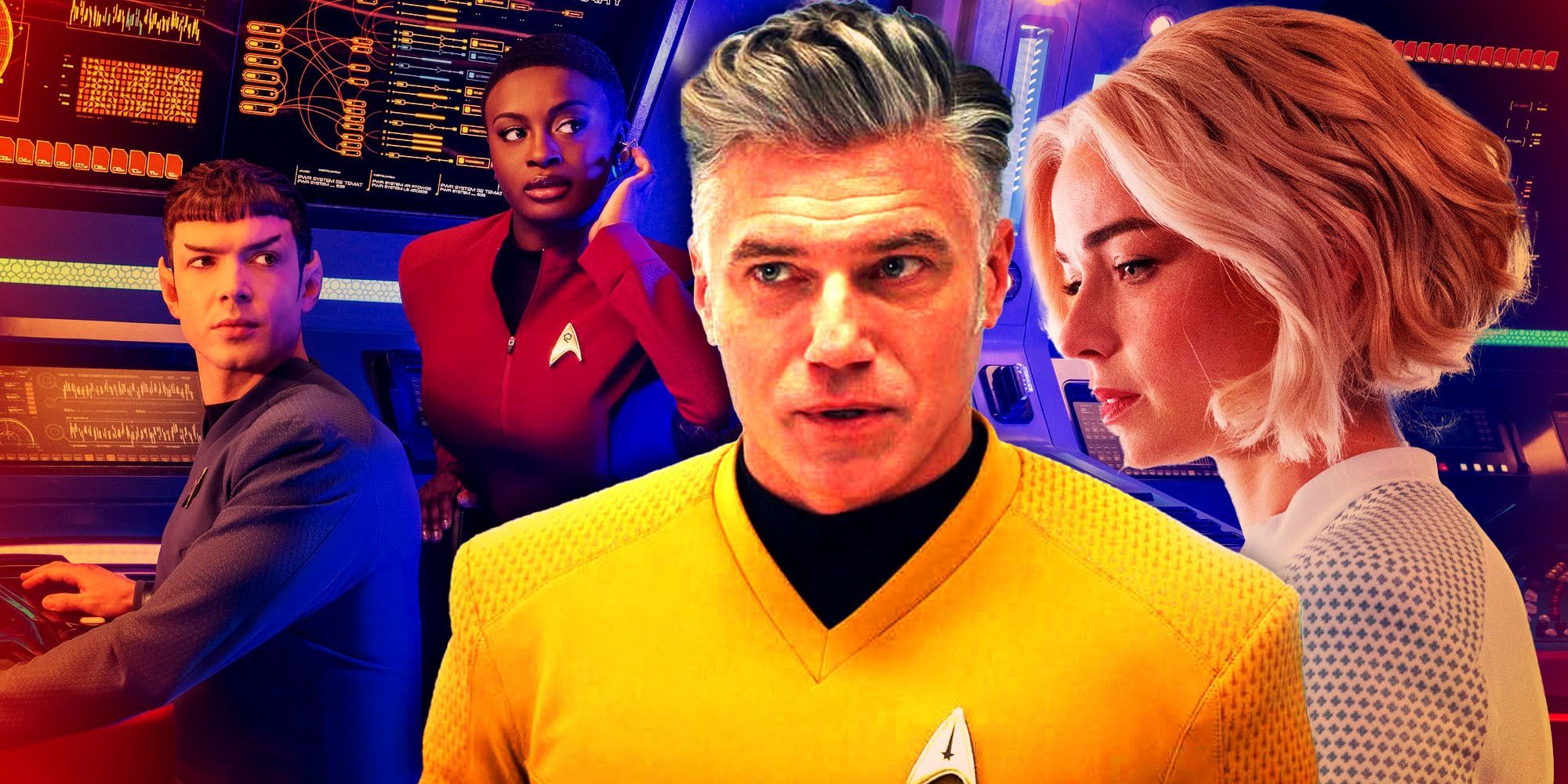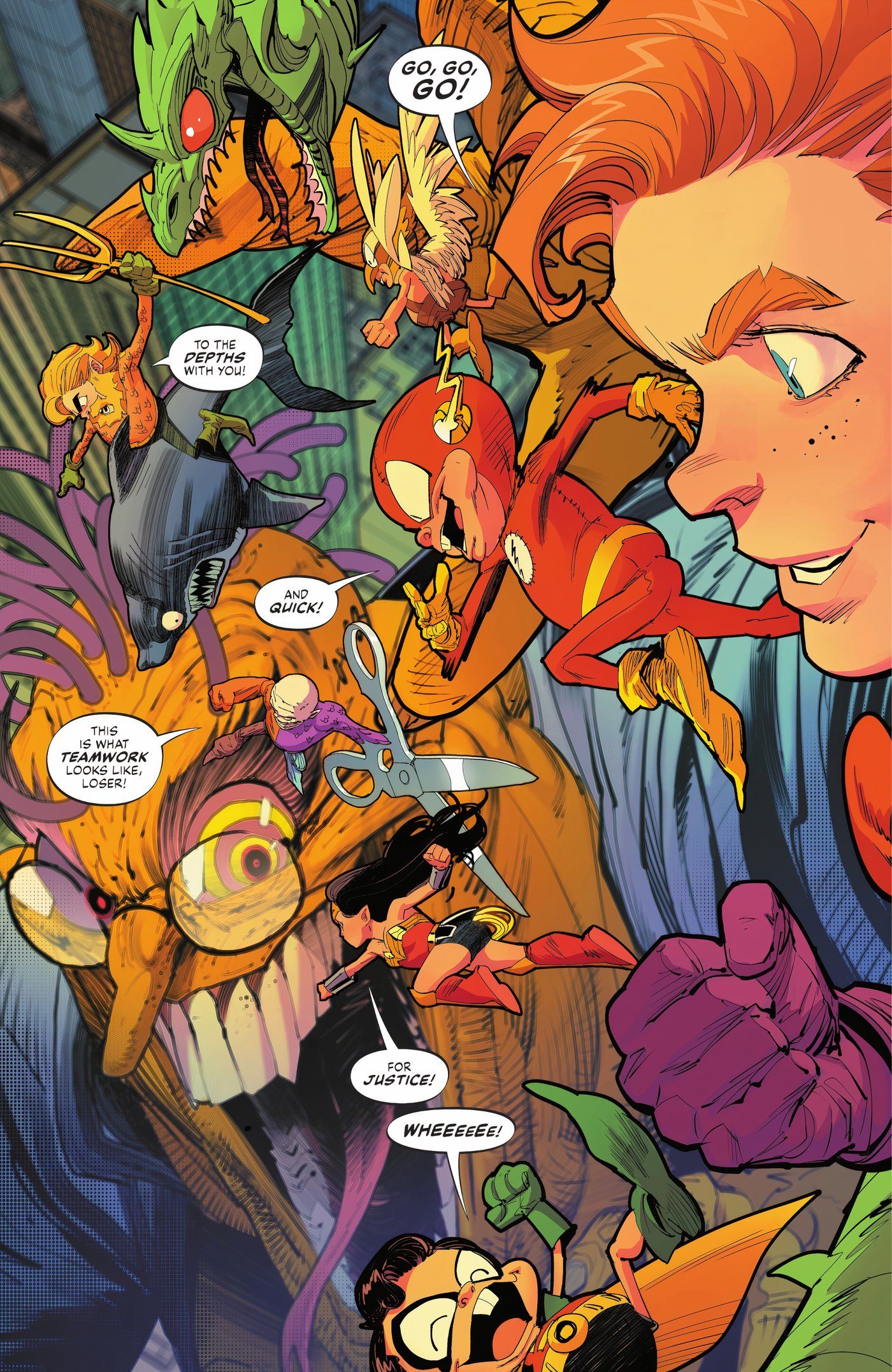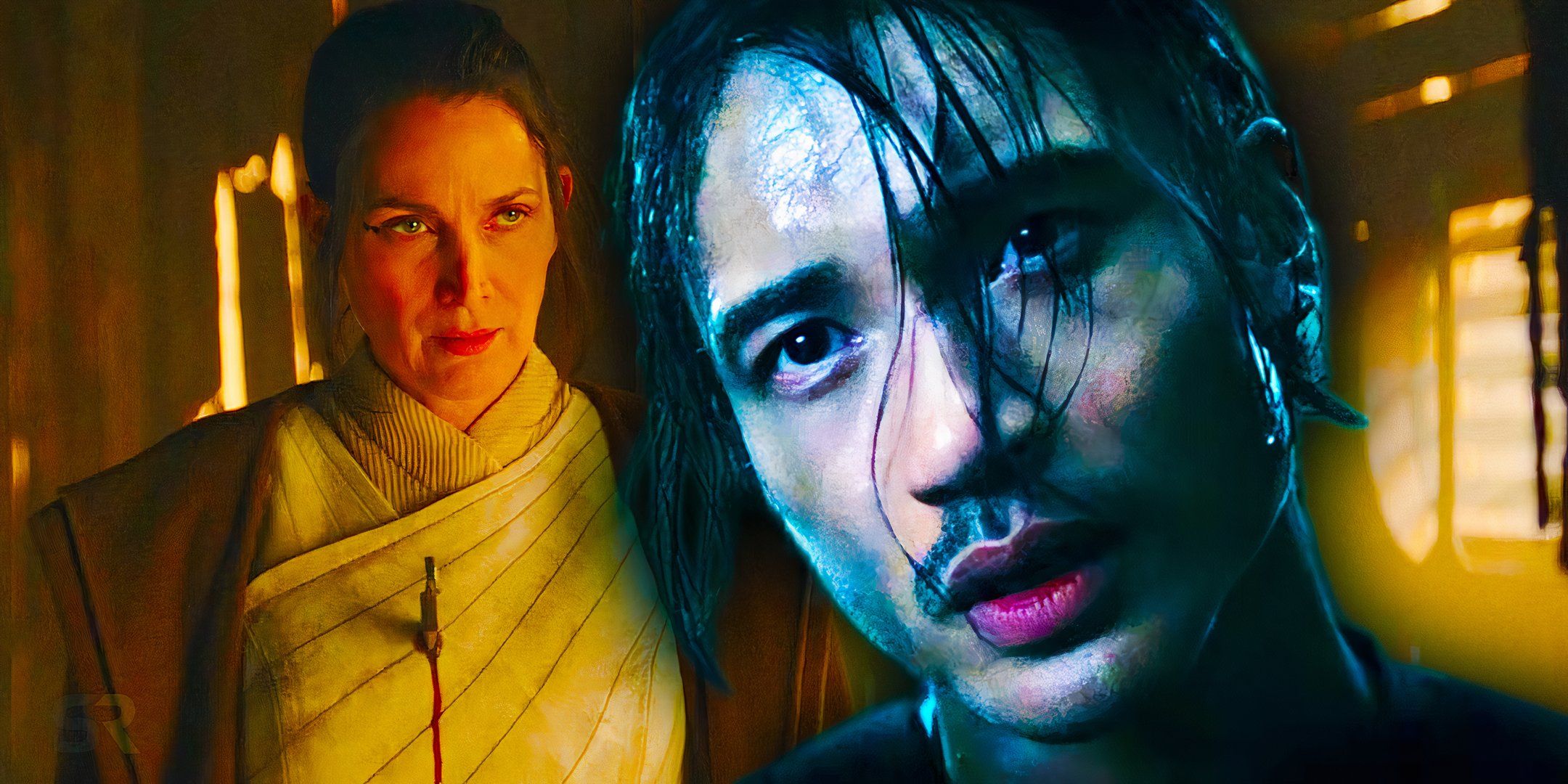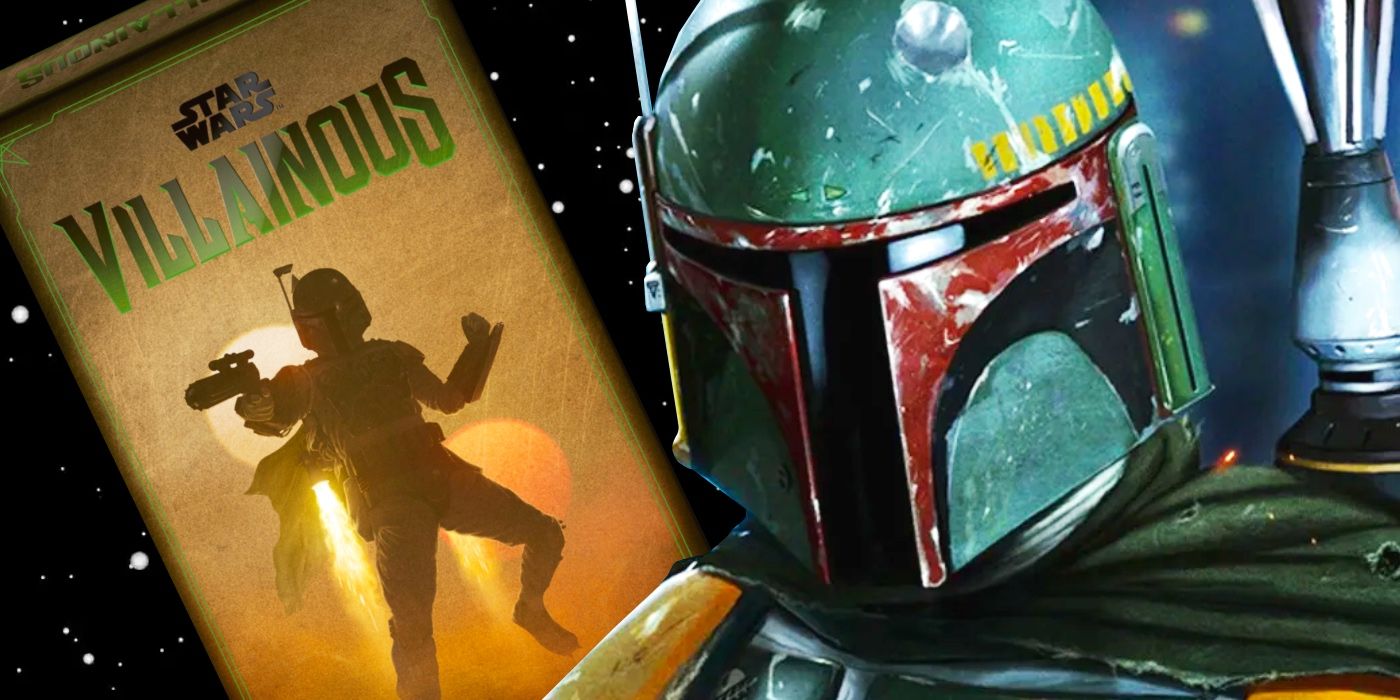Stephen King’s work has been adapted on the big and small screen dozens of times, and the writer has never been shy about naming and shaming the adaptations he doesn’t like. Since director Brian De Palma brought Stephen King’s best-selling debut novel to life on screen with the 1976 blockbuster hit Carrie, adaptations of the horror author’s work have been a mainstay on television and cinema screens alike. King’s work has been adapted so many times over the decades that some of his adaptations now have remakes of their own.
With the arrival of the It prequel series Welcome To Derry on HBO Max and Paramount+’s Pet Sematary followup, even these remakes will soon be getting spinoffs. However, the sheer number of King adaptations has inevitably resulted in some uninspired outings. Unfortunately for screenwriters and directors, King has always been forthright about the adaptations he felt failed his work.
Over the years, the always outspoken King has stated in various interviews, retrospectives, and articles that he strongly dislikes quite a few of his adaptations. In some cases, this comes down to King not remembering writing (or already disliking) the source material. In other cases, King’s creative differences with filmmakers resulted in him disliking their adaptations (such as director Stanley Kubrick’s Jack Nicholson-led The Shining), while King’s distaste for other adaptations comes from the fact that the movies in question simply have nothing to do with their supposed source material. Finally, in at least one instance, King’s dislike stemmed from the fact that one adaptation had the worst possible director at its helm—the author himself.
The Shining
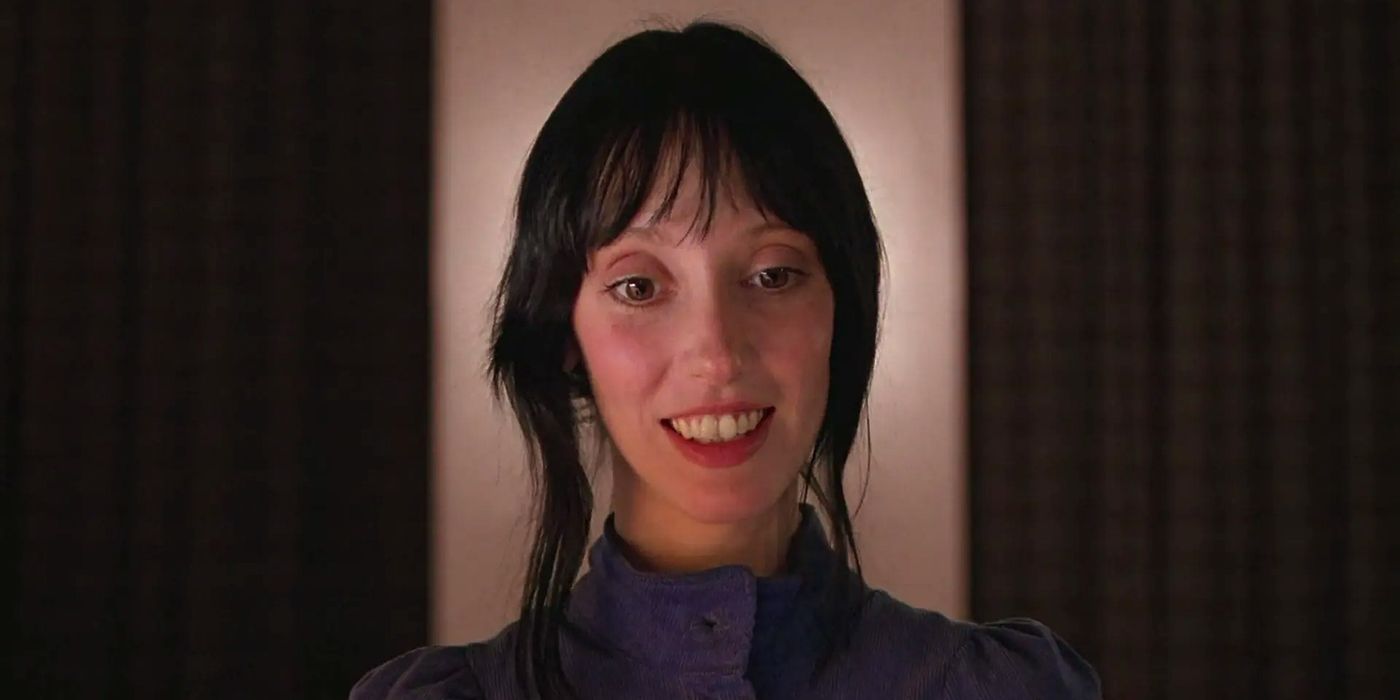
Easily the most famous case of King disliking an adaptation of his work is 1980’s movie version of The Shining. Kubrick undeniably altered huge swathes of King’s critically acclaimed novel, carving an offbeat, darkly comic horror out of the book’s more poignant, less clinical ghost story. Although everything from The Simpsons to South Park spoofed Kubrick’s King adaptation, the iconic movie is still different from the source material. Gone are the novel’s moving topiaries, the tragic Jack death (replaced by a more comedic one), and most pivotally, Jack’s redemptive self-sacrifice. A tale of fatherhood and forgiveness, King’s novel is significantly more emotionally resonant than Kubrick’s austere horror movie, making the author’s dislike of The Shining understandable (if arguably misguided) given how personal the book is to its writer.
Firestarter
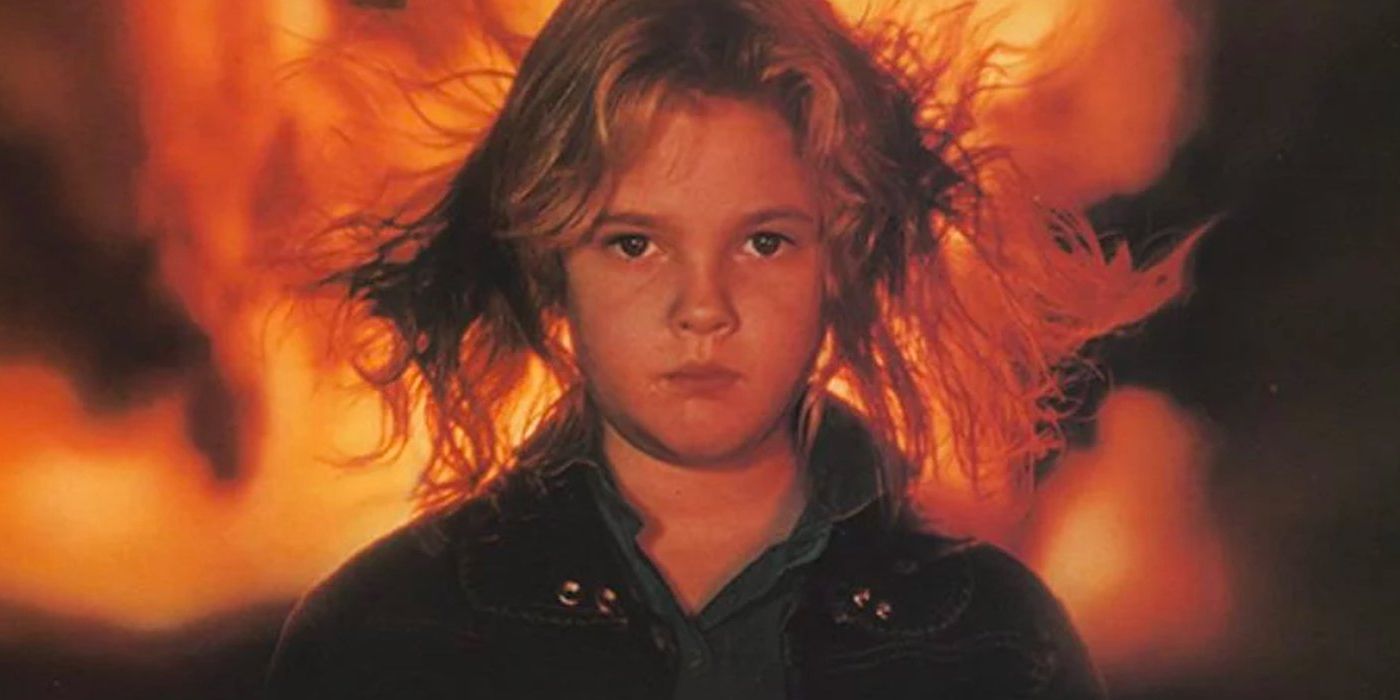
1984’s Firestarter features a phenomenal performance from a young Drew Barrymore as Charlie, a child gifted with pyrokinesis after her parents were experimented on by government organizations. Unfortunately, that performance and a Tangerine Dream score are all the middling adaptation has going for it. Soon to be remade, the movie is a King adaptation that saw director Mark L. Lester miss the fun inherent in the premise of a superpower kid, making it all the more unfortunate that original Firestarter director John Carpenter was fired during production.
The Lawnmower Man/The Running Man
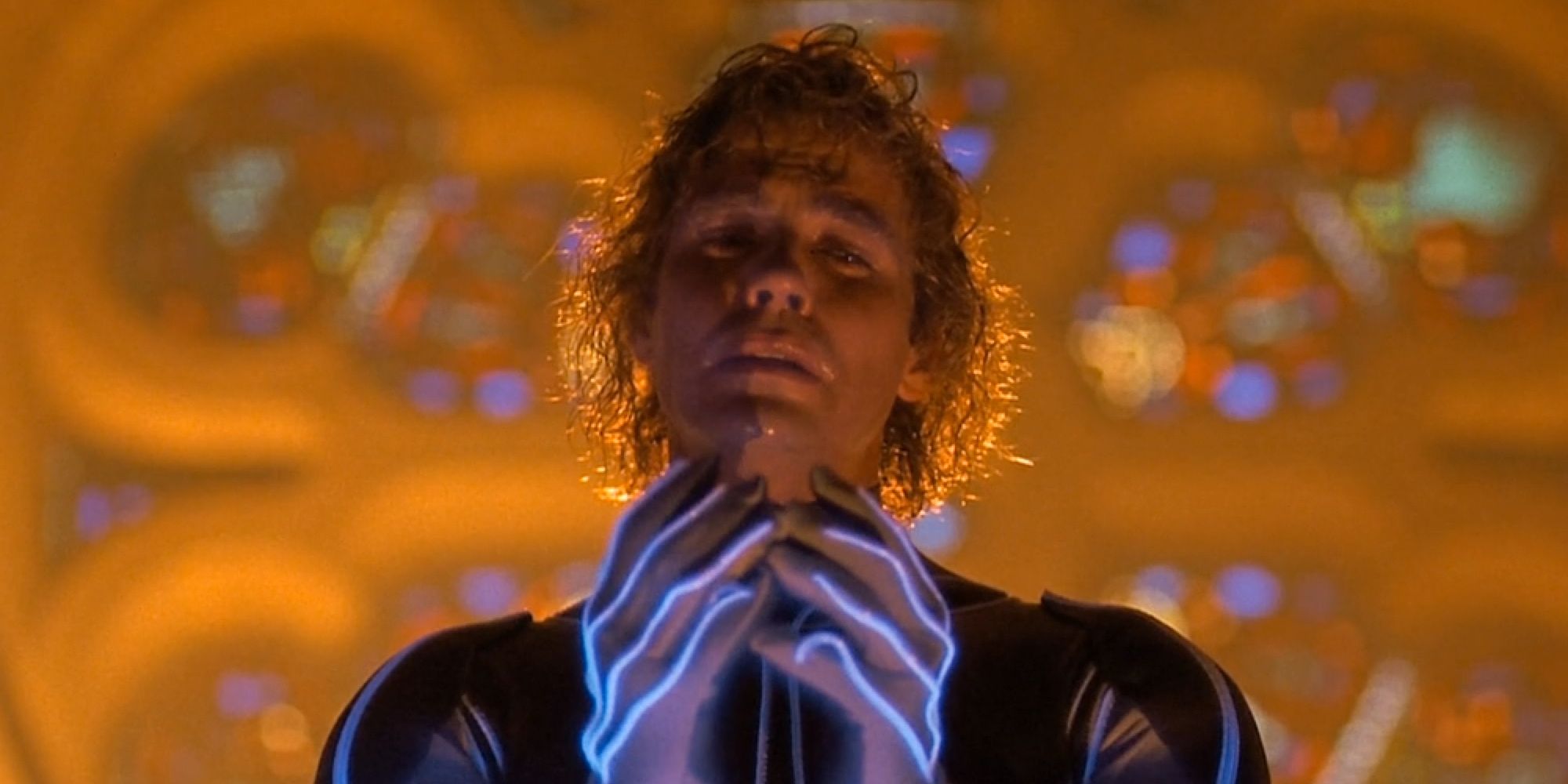
Both 1992’s The Lawnmower Man and 1987’s The Running Man earned King’s ire for similar reasons, although the former was a far worse offender than the latter. Both movies took the titles of a King short story and novel, respectively, only to then change so many details that the finished projects barely resembled the source material. The Running Man turned the novel’s everyman hero, who was forced by dire circumstances to enter a reality TV contest wherein humans are hunted, into a brawny action hero played by Arnold Schwarzenegger. This misstep, King argued in On Writing, made the movie’s protagonist less relatable, but it was nothing compared to The Lawnmower Man. Supposedly “adapted” from the short story of the same name in King’s collection Night Shift, The Lawnmower Man is a bizarre fusion of Flowers for Algernon and Tron that bears no resemblance to the source story. This egregious false advertising led King to demand that his name be removed from the movie’s promotional materials.
Graveyard Shift
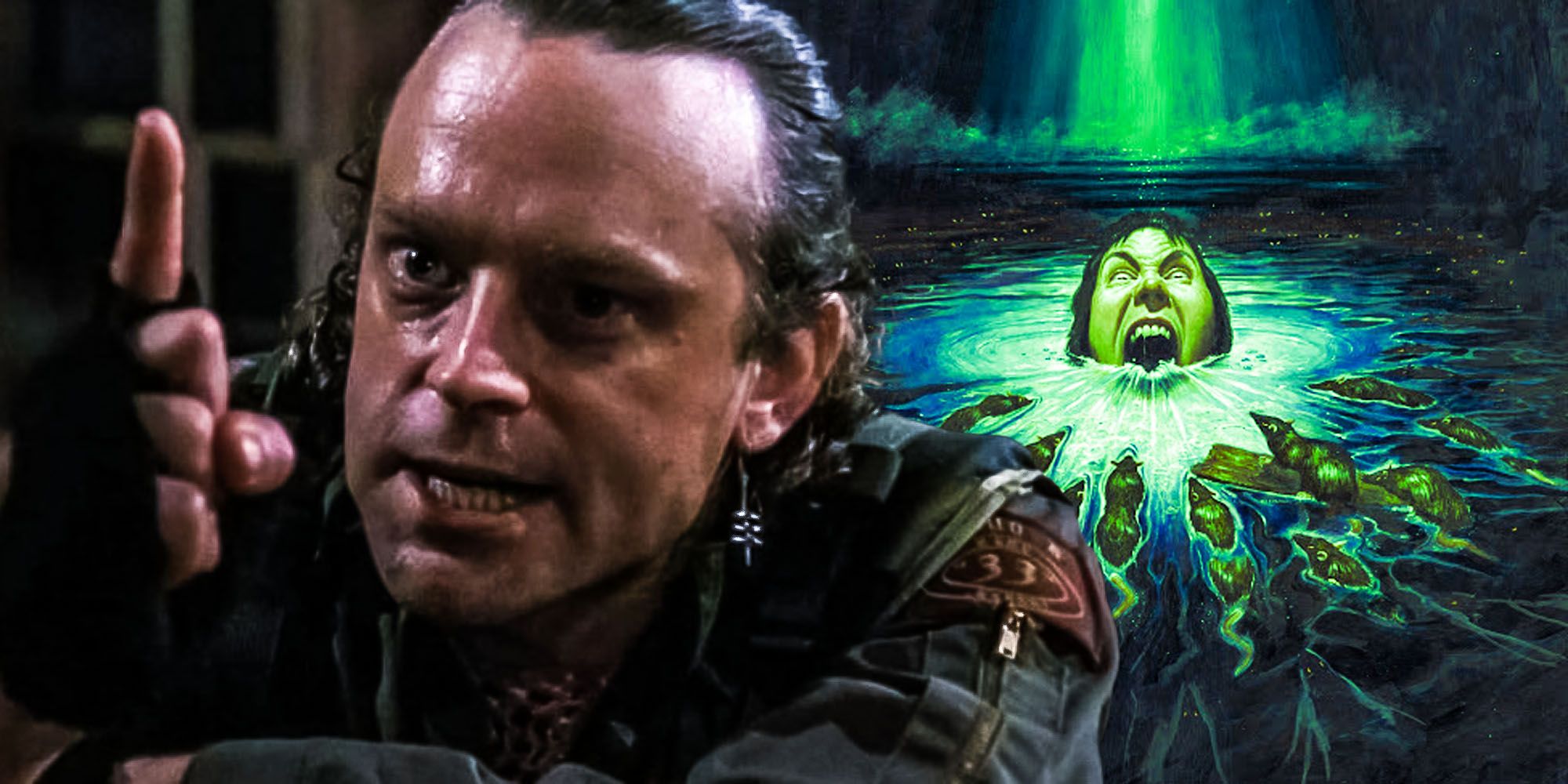
King’s objections to 1990’s Graveyard Shift were driven less by his usual demands for fidelity to the source material and more by a general dislike of the cheap horror movie. King considered Graveyard Shift an exploitation picture when asked why he disliked the movie’s story of mill workers being besieged by gigantic mutant rats. However, there is an argument to be made that, thanks to a cast including genre veteran Andrew Divoff and Brad Dourif, this adaptation is exactly as nasty and gross as the original short story warrants, and King is wrong about Graveyard Shift missing the mark.
Dreamcatcher
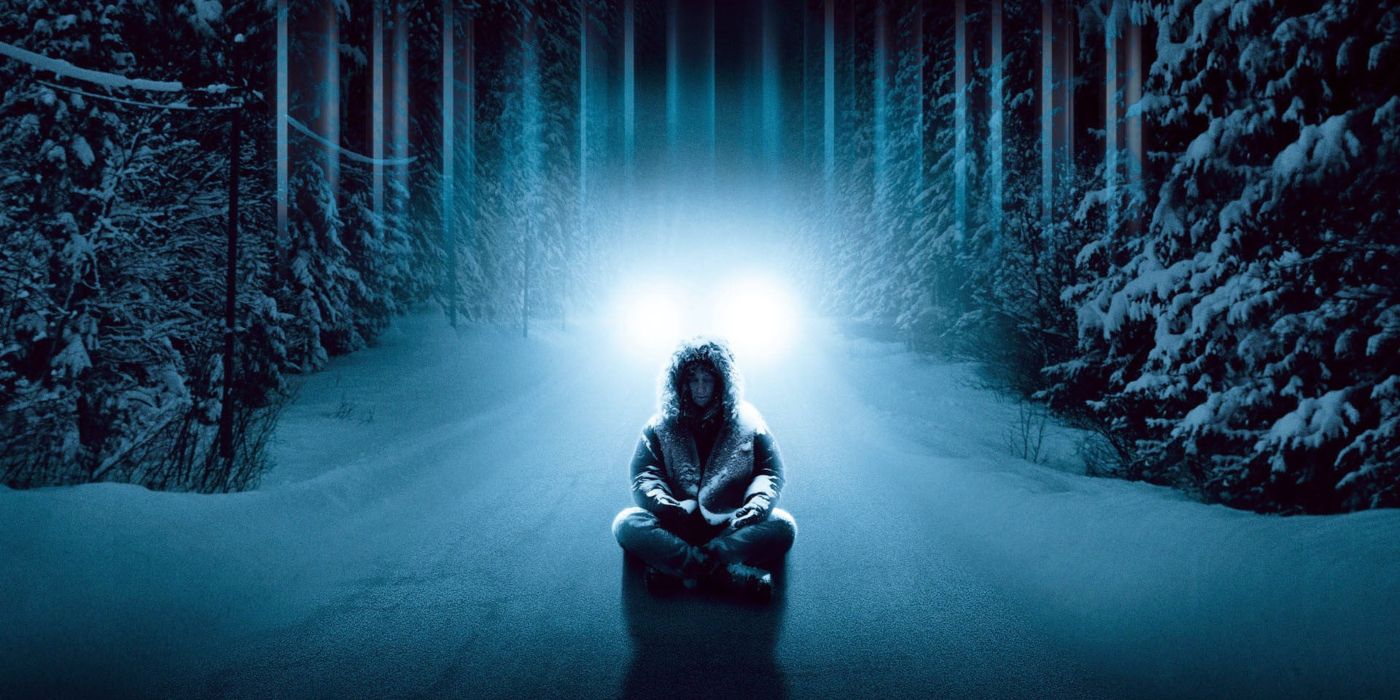
King was not overly negative about director Lawrence Kasdan’s Dreamcatcher upon the movie’s 2003 release, but a few years later, he commonly referred to the expensive misfire as a mess. In fairness to the director, King was also so highly dosed on pain medication after a serious accident that he barely recalls writing the source novel, which might have contributed to the movie’s trippy, hard-to-follow plot. However, Dreamcatcher does include a couple of stellar performances and some striking imagery in its messy, overlong plot and is a rare King adaptation that arguably deserves a remake to better accentuate these elements.
Maximum Overdrive

1986’s Maximum Overdrive proved King’s Kubrick criticisms weren’t as fair as they initially seemed when the writer tried his hand at directing for the first and last time. An incredibly expensive failure, Maximum Overdrive saw King radically change his own source story, the sparse narrative “Trucks,” and turn it into a sprawling, ambitious sci-fi horror set in a world where machinery has run amok and started killing civilians. Absurdly violent, unintentionally hilarious, and painfully overlong, Maximum Overdrive is the product of what King later admitted was a crippling cocaine habit, and the movie bears all the hallmarks of the drug’s infamous excesses.
The Dark Tower
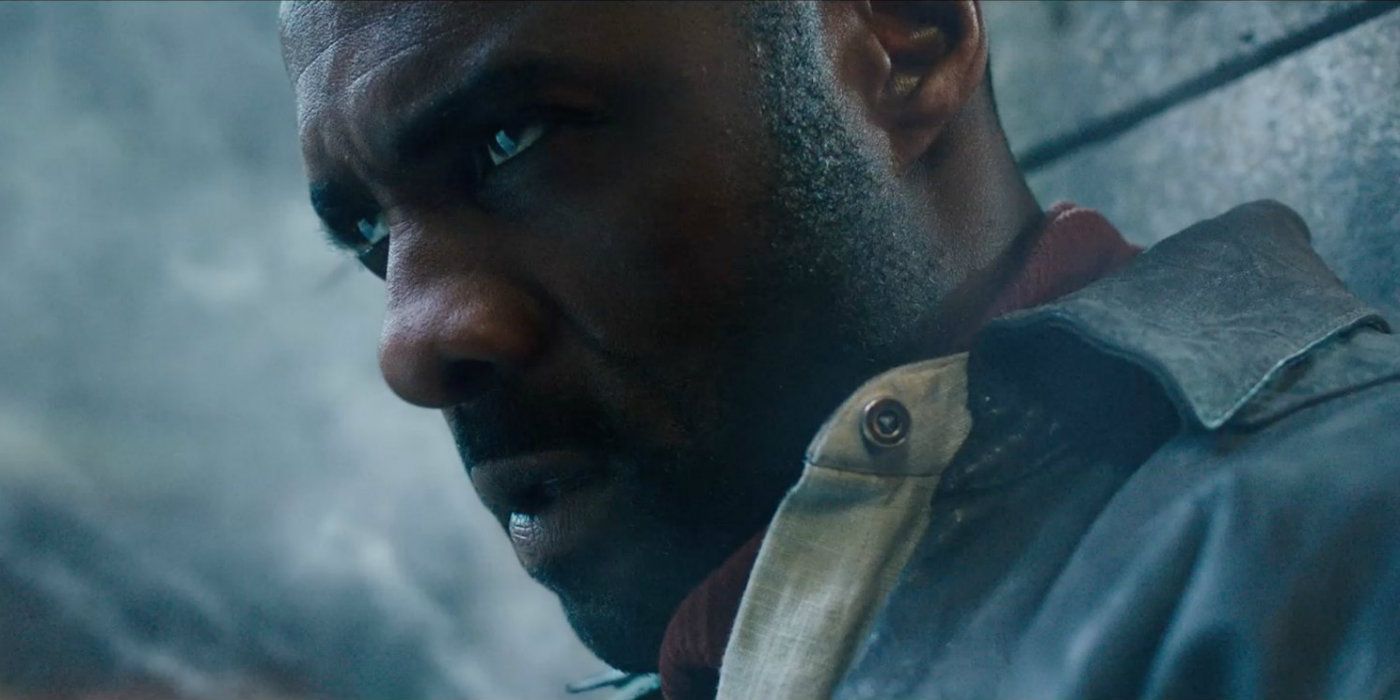
2017’s The Dark Tower could have seen King’s acclaimed novel series become a major fantasy franchise. The same year that It‘s movie adaptation proved a huge hit, this dark fantasy flopped hard, losing millions and earning abysmal reviews. King blamed The Dark Tower’s decision to trim more mature, violent content to secure a PG-13 rating while trying to compress the convoluted, self-referential plot of a massive seven-book series into one truncated movie’s runtime also cost the project dearly. A major failure for all involved, the 2017 flop is one of the most understandable cases of Stephen King disliking an adaptation of his own work.
